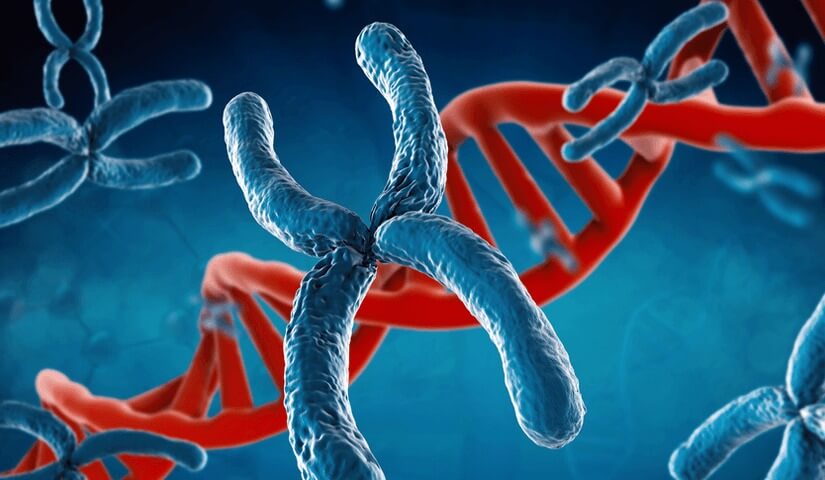The Peter MacCallum Cancer Centre is going to be undertaking a world-first screening trial to determine how many women out of a participating 10,000 are carriers of common gene mutations associated with cancer.
The trial could be the first step towards routine screening for all women to assist in earlier diagnosis and increased life expectancy for cancer patients.
The hospital have already completed a pilot study, screening 2,000 women. The study showed that for every 100 women tested one new carrier of genetic mutations was uncovered. The head of the Cancer Genetics Laboratory, Professor Ian Campbell explained;
“For every one person you detect with the screening, you would automatically identify another three to five mutation carriers as you extend the screening among their family.”
And furthermore, Prof Campbell explained that the screening was seen positively by the participants;
“They were upset that they were carriers, but ultimately they were all happy that it had been detected and hopeful that they can head off getting the cancer.”
The pilot looked at two gene mutations – in the BRCA1 and BRCA2 genes. Previous studies have shown that these mutations increase a woman’s risk of breast cancer and ovarian cancer by 85% and 65% respectively.
Currently a woman is only screened for the mutations after she or someone in her family is diagnosed. However, around half of those with one of the mutations don’t have a family history.
This kind of population based screening could have the potential to catch individual cancer cases earlier through increased screening or prevent them through risk reduction (e.g. women opting to undergo preventative mastectomies).
The new $1 million study funded by the National Health and Medical Research Council starting next month will screen participants from Lifepool, a database of 53,000 women.

